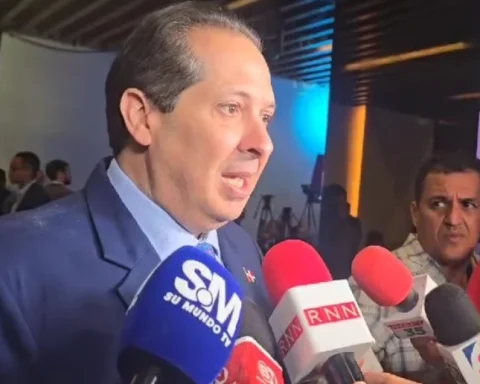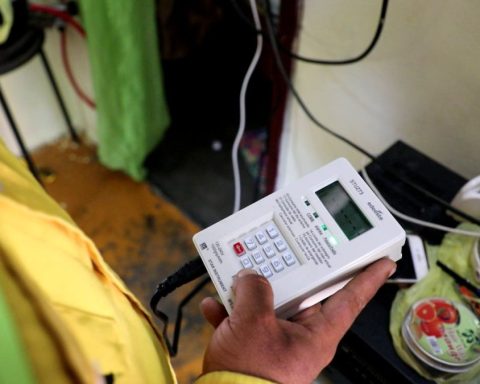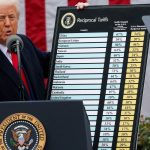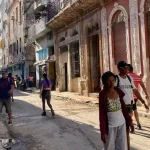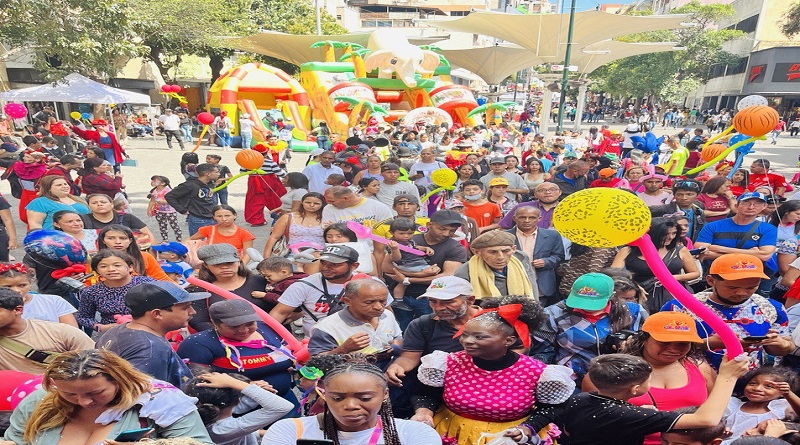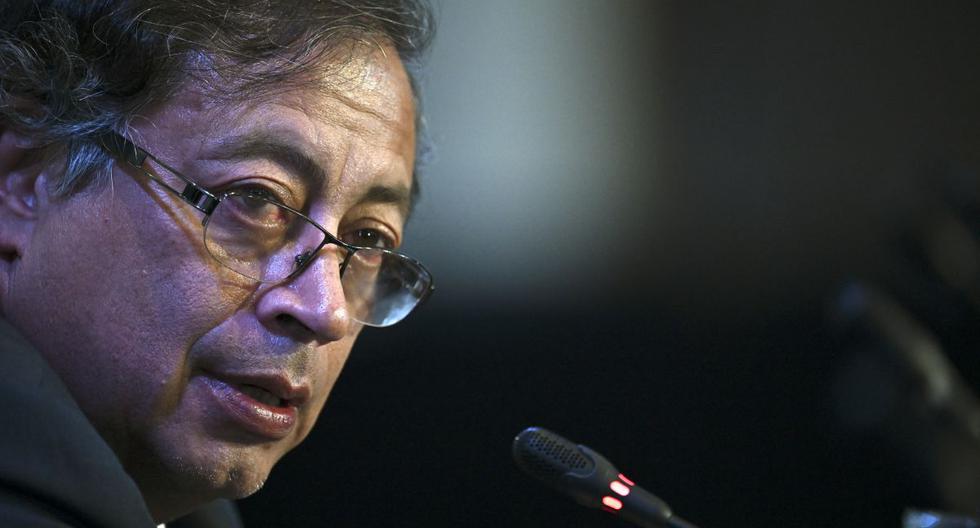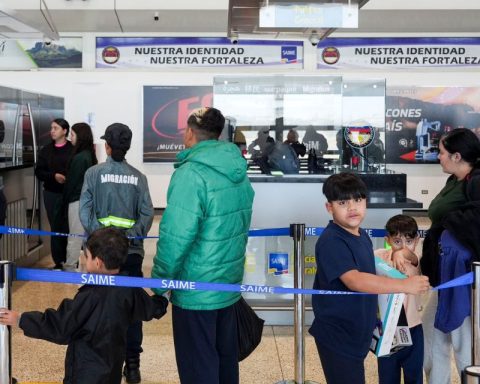The president of the Republic, Luis Abinaderpromulgated this Sunday night the Law 20-23, Organic of the Electoral Regime, through which it seeks to regulate the exercise of the right of citizenship to choose and be eligible, in addition to establishing the procedure and development of the electoral process.
The Electoral Law highlights the implementation of a system of consequences for exceed the campaign spending ceiling, the creation of the Specialized Attorney for the Investigation and Prosecution of Electoral Crimes and Offensesamong other important aspects.
Article 4 deals with the guiding principles of the electoral process, within which participation is highlighted, which talks about the opportunity for citizens and people to intervene and act in a society, giving them the possibility of influencing the preparation of powers public.
Besides, the Law 20-23 strengthens the role of Central Electoral Board (JCE) it would guarantee political rights, penalize the violation of campaign spending ceilings, create a Special Prosecutor’s Office to Prosecute Electoral Crimes and Crimes, and allow automated scrutiny.
If the 5% on spending caps campaign, a candidate would pay a a fine of three times the amount exceeded. Also, it would eliminate constitutional errors.
against turncoat
He article 140 talk about him turncoatwhich states that the people who have been nominated to be postulated by a party, group, political movement or alliance to which it belongs, to an elective position, may not be nominated by any other party, group, political movement or alliance, in the same electoral process.
Number 142, on gender equity, states that the nominations and proposals for candidacies for deputies, councilors and members will be governed by the principle of gender equity, so they must be integrated in accordance with the provisions of the Law on Parties, Groups and Political Movements by no less than 40% nor more than sixty percent (60%) of men and women of the national proposal.
The law was approved on February 1 and 13 in the Senate of the Republic and Chamber of Deputies, respectively.
There were intense discussions between the opposition and the ruling partysince the first indicated that there should be sanctions against turncoats.


